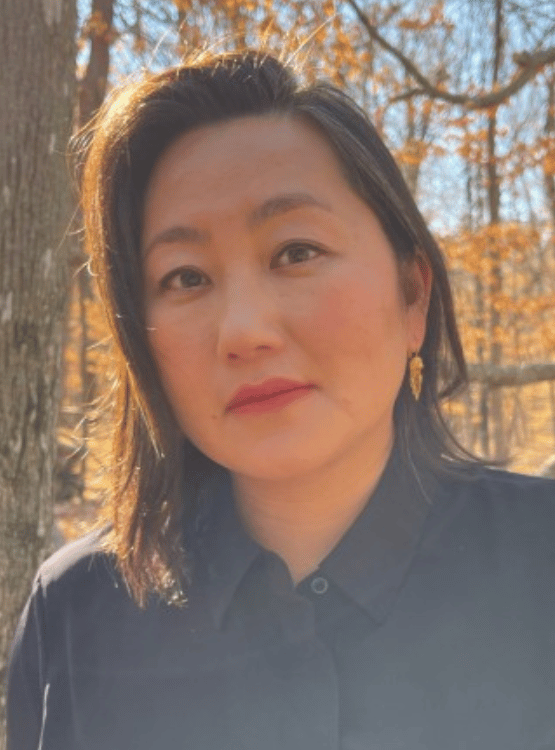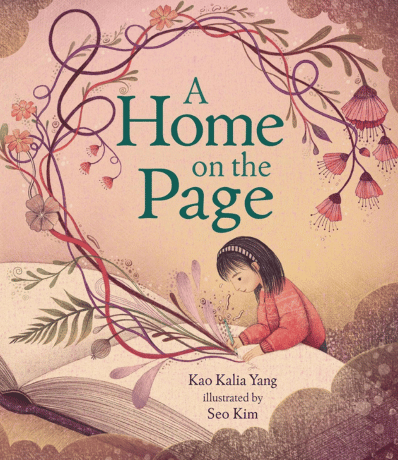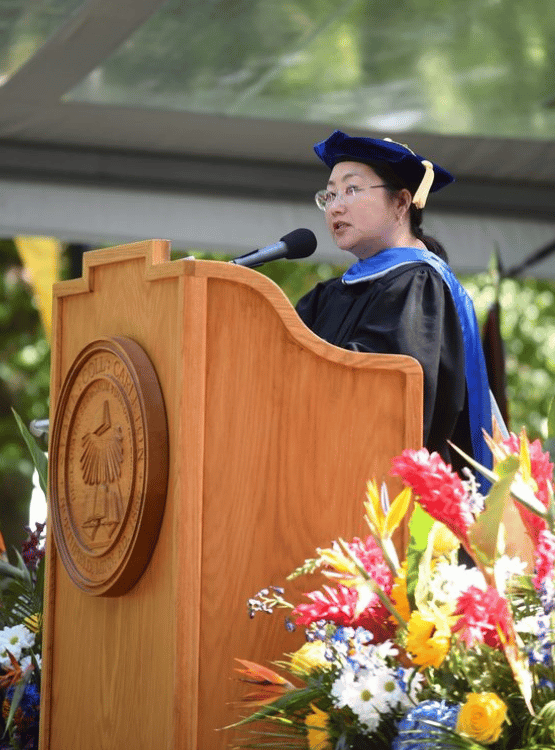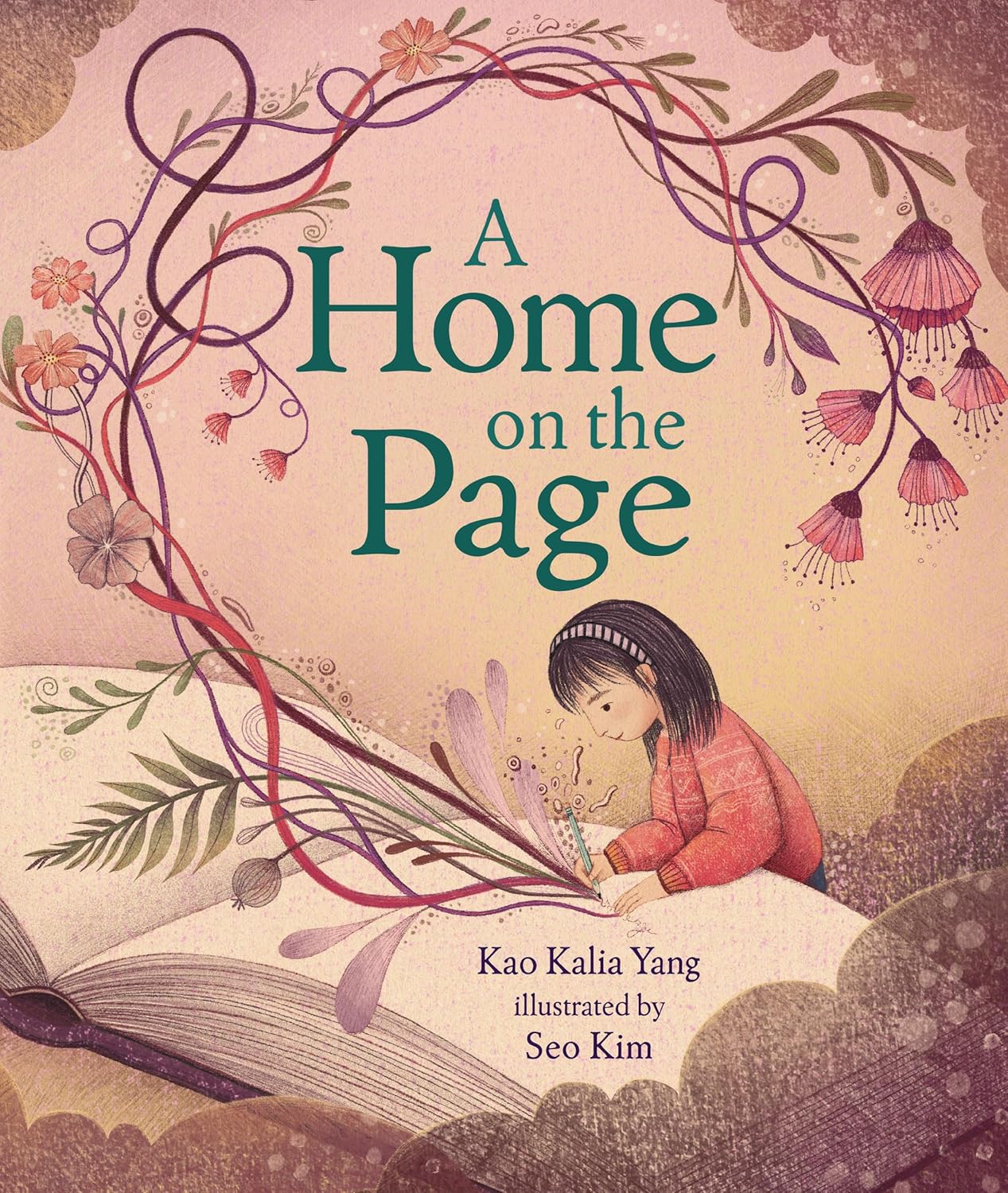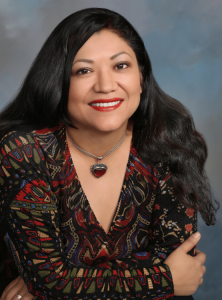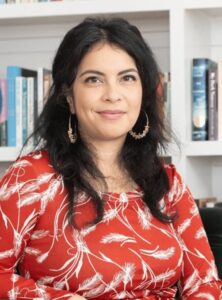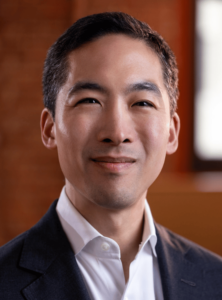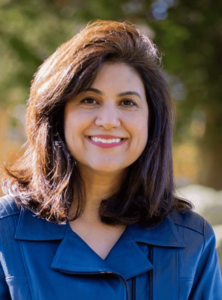 “One of the most moving keynote presentations I’ve ever heard.” — Minnesota West Community & Technical College, 2025
“One of the most moving keynote presentations I’ve ever heard.” — Minnesota West Community & Technical College, 2025
 “Kao Kalia Yang delivered the standout keynote at the 2025 Peace & Literacy Conference. Through her skill in storytelling, she fused justice, scholarship, and lived truth. She did so to trace her history of selective mutism as a child to the linguistic injustice she witnessed as English-speaking contexts demeaned her Hmong parents. This ‘rock in her throat’ of selective mutism showed how silence can become a survival strategy, and how empathetic literacy can transform that silence into voice. In her speech, Yang linked her childhood “rocks” to her current writing and public work, where she endeavors to carry forward the stories of others, such as refugees who live with grief and moral injury. Grounded in trauma-informed and translanguaging perspectives, Yang offered advice focused on seeing the heart of students behind the standards of scripted curriculum. Her words supported maneuvering that educators can use now: name what silences students, make space for the unsaid through activities like testimony-centered discussion, and honor home languages as assets. Her talk anchored the conference and made a clear case that peace and literacy are inseparable; dignity, not deficit, must guide learning. We left with practical empathy, an example of what love looks like, and the courage to listen more deeply.” — Drake Burke, Minnesota State University, 2025
“Kao Kalia Yang delivered the standout keynote at the 2025 Peace & Literacy Conference. Through her skill in storytelling, she fused justice, scholarship, and lived truth. She did so to trace her history of selective mutism as a child to the linguistic injustice she witnessed as English-speaking contexts demeaned her Hmong parents. This ‘rock in her throat’ of selective mutism showed how silence can become a survival strategy, and how empathetic literacy can transform that silence into voice. In her speech, Yang linked her childhood “rocks” to her current writing and public work, where she endeavors to carry forward the stories of others, such as refugees who live with grief and moral injury. Grounded in trauma-informed and translanguaging perspectives, Yang offered advice focused on seeing the heart of students behind the standards of scripted curriculum. Her words supported maneuvering that educators can use now: name what silences students, make space for the unsaid through activities like testimony-centered discussion, and honor home languages as assets. Her talk anchored the conference and made a clear case that peace and literacy are inseparable; dignity, not deficit, must guide learning. We left with practical empathy, an example of what love looks like, and the courage to listen more deeply.” — Drake Burke, Minnesota State University, 2025
 “We were honored to welcome Kao Kalia Yang as the keynote speaker at this year’s Peace & Literacy Institute. Her words challenged us to imagine a future built not on fear, but on compassion… and to see peace not as a distant dream, but as a daily choice. Thank you, Kalia, for showing us how stories can heal, connect, and inspire us to build a more peaceful world.” — Minnesota Reading Association, 2025
“We were honored to welcome Kao Kalia Yang as the keynote speaker at this year’s Peace & Literacy Institute. Her words challenged us to imagine a future built not on fear, but on compassion… and to see peace not as a distant dream, but as a daily choice. Thank you, Kalia, for showing us how stories can heal, connect, and inspire us to build a more peaceful world.” — Minnesota Reading Association, 2025
 “We couldn’t have asked for a better speaker to kick off our year’s forum series. [Kao Kalia Yang] was well-received and her words created waves of impact that are still reverberating through our campus. Beyond that, she and her parents are some of the finest people I’ve ever known and it was a complete joy to have them here. We were absolutely delighted in every way with Kalia!” — Brigham Young University
“We couldn’t have asked for a better speaker to kick off our year’s forum series. [Kao Kalia Yang] was well-received and her words created waves of impact that are still reverberating through our campus. Beyond that, she and her parents are some of the finest people I’ve ever known and it was a complete joy to have them here. We were absolutely delighted in every way with Kalia!” — Brigham Young University
 “I’d love for you to share with her how grateful we are for her voice and leadership last night. She’s as inspiring in person as she is on the page. We were deeply moved by her story… her ability to connect and honor her family’s journey and the journey of so many others. Kalia helped build bridges and open doors last night… while also eloquently uplifting the voices we all need to hear.” — Alight, Minneapolis
“I’d love for you to share with her how grateful we are for her voice and leadership last night. She’s as inspiring in person as she is on the page. We were deeply moved by her story… her ability to connect and honor her family’s journey and the journey of so many others. Kalia helped build bridges and open doors last night… while also eloquently uplifting the voices we all need to hear.” — Alight, Minneapolis
 “Fiona McCrae, Anderson Center board member and publisher/CEO of Graywolf Press, said in a prepared release: ‘Kao Kalia Yang is a cultural force — a writer with an expansive vision and a fierce heart. In her books for adults as well as for children she explores and celebrates her Hmong heritage with a rare and compelling compassion. Her words have moved thousands in Minnesota and around the world …Through Yang’s work, many thousands of Americans of all ages now have a better understanding of the experiences and culture of Hmong people. Yet part of what makes Yang’s work so powerful is that while the experiences she describes are specific to her family and to her people, they also reflect universal themes.’” — Mary Ann Grossman, Pioneer Press, 2022
“Fiona McCrae, Anderson Center board member and publisher/CEO of Graywolf Press, said in a prepared release: ‘Kao Kalia Yang is a cultural force — a writer with an expansive vision and a fierce heart. In her books for adults as well as for children she explores and celebrates her Hmong heritage with a rare and compelling compassion. Her words have moved thousands in Minnesota and around the world …Through Yang’s work, many thousands of Americans of all ages now have a better understanding of the experiences and culture of Hmong people. Yet part of what makes Yang’s work so powerful is that while the experiences she describes are specific to her family and to her people, they also reflect universal themes.’” — Mary Ann Grossman, Pioneer Press, 2022
 “Kao Kalia Yang has been called the foremost chronicler of Hmong life in the United States, and though this isn’t wrong, it’s the kind of tempered acclaim with which immigrant authors are especially familiar. Let’s retire the qualified praise. Her immensely powerful new book confirms Yang as one of America’s sharpest nonfiction writers.” — Kevin Canfield, Minnesota Star Tribune, 2024
“Kao Kalia Yang has been called the foremost chronicler of Hmong life in the United States, and though this isn’t wrong, it’s the kind of tempered acclaim with which immigrant authors are especially familiar. Let’s retire the qualified praise. Her immensely powerful new book confirms Yang as one of America’s sharpest nonfiction writers.” — Kevin Canfield, Minnesota Star Tribune, 2024
 “Kao Kalia Yang’s narration of her book “The Song Poet: A Memoir of My Father” ought not to work. As she tells the story of her father, Hmong song-poet Bee Yang, and his life in Laos during the Vietnam War, the oppression and killing fields that followed, his tenuous existence as a refugee in Thailand, and his sacrifices as an immigrant to the United States, Yang breaks all the rules. She narrates in a simple, declarative style, seemingly artless and with a largely unvarying pitch and cadence. There is no acting, no emoting, no verbal pyrotechnics whatsoever; simply line after line of experiences, memories and impressions about her father, Hmong life and culture, and the quiet struggles of immigrants riding on gently swelling tides of restrained emotion. Yet this is easily one of the most moving and eloquent audiobooks you will ever experience, and the perfect illustration of a truth that even veteran narrators struggle to grasp: less is often more, and the listener’s emotional journey must take precedence over the narrator’s.” — David Wright, The Seattle Times, 2019
“Kao Kalia Yang’s narration of her book “The Song Poet: A Memoir of My Father” ought not to work. As she tells the story of her father, Hmong song-poet Bee Yang, and his life in Laos during the Vietnam War, the oppression and killing fields that followed, his tenuous existence as a refugee in Thailand, and his sacrifices as an immigrant to the United States, Yang breaks all the rules. She narrates in a simple, declarative style, seemingly artless and with a largely unvarying pitch and cadence. There is no acting, no emoting, no verbal pyrotechnics whatsoever; simply line after line of experiences, memories and impressions about her father, Hmong life and culture, and the quiet struggles of immigrants riding on gently swelling tides of restrained emotion. Yet this is easily one of the most moving and eloquent audiobooks you will ever experience, and the perfect illustration of a truth that even veteran narrators struggle to grasp: less is often more, and the listener’s emotional journey must take precedence over the narrator’s.” — David Wright, The Seattle Times, 2019
 “Enter Kao Kalia Yang, among the most lyrical and eloquent memoirists of her generation.” — Stina Kielsmeier-Cook, The Christian Century, 2017
“Enter Kao Kalia Yang, among the most lyrical and eloquent memoirists of her generation.” — Stina Kielsmeier-Cook, The Christian Century, 2017
 “Where Rivers Part confirms Kao Kalia Yang’s position as not only the most important figure in Hmong American literature but one of the most interesting memoirists at work today.” — Ann Fadiman
“Where Rivers Part confirms Kao Kalia Yang’s position as not only the most important figure in Hmong American literature but one of the most interesting memoirists at work today.” — Ann Fadiman
 “A“collective refugee memoir” that serves as an object lesson in the utility of creative nonfiction. In the prologue, Yang describes wanting to write this book years ago but feeling like she was not yet ready as a writer. Whether she was correct in her self-assessment then, she’s certainly up to the job now. This is a work of technical as well as empathetic mastery. The narrative consists of a series of stories of refugees who have ended up in Minnesota, Yang’s home state. (The author is a Hmong refugee who was born in a Thai refugee camp after her parents fled Laos.) Her subjects’ origins are global but cluster primarily in Africa, the Middle East, and Southeast Asia. The stories are as powerful as they are unique, and Yang makes the wise decision to get out of the way and let her subjects express themselves. For example, Awo talks about her weekly calls home to Somalia: ‘Every Saturday, in those conversations, they become a full family: a mother, a father, and their children, voices celebrating their gratitude for each other’s safety and small successes. Each is reminded of the immense love in their lives, a love that survives unimaginable distance.’ Throughout, the author’s straight-ahead, declarative sentences can’t conceal that her presence is all over this book. Her immersively descriptive language is reminiscent of her two previous memoirs, The Latehomecomer and The Song Poet, and her delicate touch allows us to see what is right in front of us: luck. If we are not refugees, we might have been. If our lives have been relatively stable, they may not remain so. ‘The people in this book are people going through this storm with us all on this very night,’ she writes near the end. She is addressing her own children, but she is speaking to the rest of us as well. A potent lesson in empathy that is all the more powerful for never presenting itself as a lesson.” — Kirkus Review of Somewhere in the Unknown World, 2020
“A“collective refugee memoir” that serves as an object lesson in the utility of creative nonfiction. In the prologue, Yang describes wanting to write this book years ago but feeling like she was not yet ready as a writer. Whether she was correct in her self-assessment then, she’s certainly up to the job now. This is a work of technical as well as empathetic mastery. The narrative consists of a series of stories of refugees who have ended up in Minnesota, Yang’s home state. (The author is a Hmong refugee who was born in a Thai refugee camp after her parents fled Laos.) Her subjects’ origins are global but cluster primarily in Africa, the Middle East, and Southeast Asia. The stories are as powerful as they are unique, and Yang makes the wise decision to get out of the way and let her subjects express themselves. For example, Awo talks about her weekly calls home to Somalia: ‘Every Saturday, in those conversations, they become a full family: a mother, a father, and their children, voices celebrating their gratitude for each other’s safety and small successes. Each is reminded of the immense love in their lives, a love that survives unimaginable distance.’ Throughout, the author’s straight-ahead, declarative sentences can’t conceal that her presence is all over this book. Her immersively descriptive language is reminiscent of her two previous memoirs, The Latehomecomer and The Song Poet, and her delicate touch allows us to see what is right in front of us: luck. If we are not refugees, we might have been. If our lives have been relatively stable, they may not remain so. ‘The people in this book are people going through this storm with us all on this very night,’ she writes near the end. She is addressing her own children, but she is speaking to the rest of us as well. A potent lesson in empathy that is all the more powerful for never presenting itself as a lesson.” — Kirkus Review of Somewhere in the Unknown World, 2020
